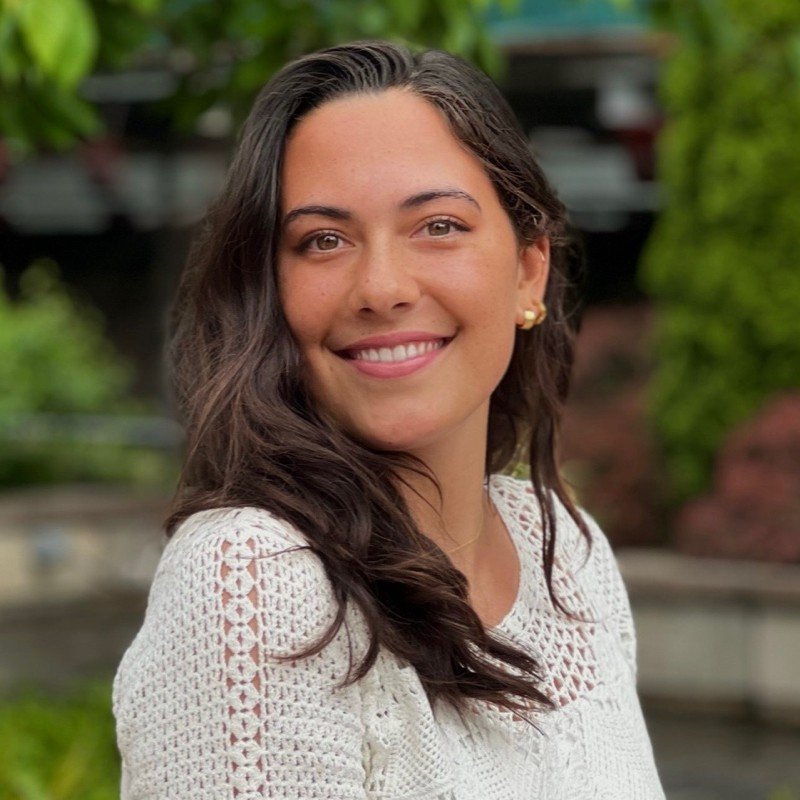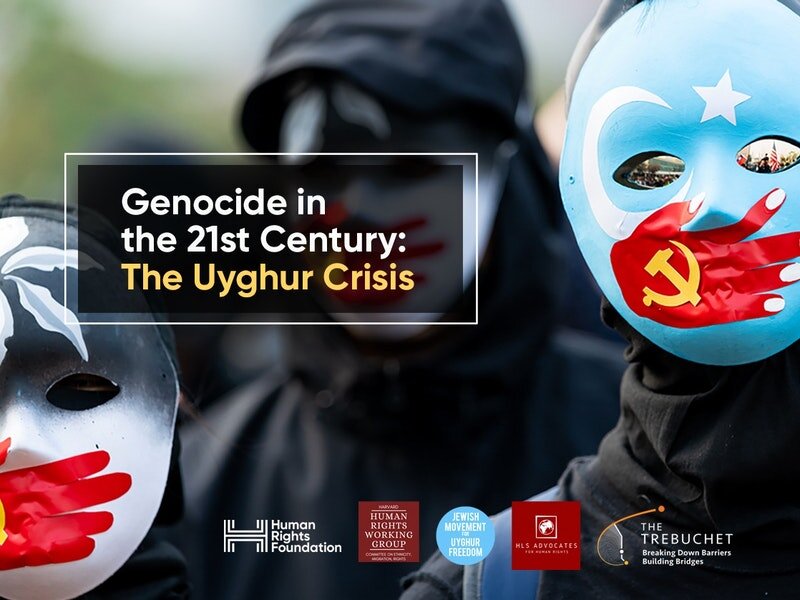Daniel Mandell is currently serving as Legal Counsel to the President of the Republic of Palau, a
Freely Associated State with the United States of America. As one of two lawyers in the
President’s office, Daniel acts as a – if not the – chief legal advisor to not only the President and
his senior staff, but senior officials throughout the national executive branch. He is essentially
the general counsel to a company of 20,000 employees that also has a vote at the United Nations.
After he completes his time in Palau, Daniel will be a Council on Foreign Relations International
Affairs Fellow in Tokyo, Japan, where he will research ways for the U.S./Japan/Australia
trilateral relationship to work together on development projects in the Pacific region to counter
China’s Belt-and-Road initiative. He then has an offer to join the general counsel’s office of a
national security-focused federal agency in Washington, D.C.
Before Palau, Daniel served as a law clerk to Hon. Jack B. Weinstein, Senior District Judge for
the United States District Court for the Eastern District of New York (and, amongst other
incredible accomplishments, the last surviving member of the legal team that won Brown v.
Board of Education). He also spent seven and a half years as a litigation associate at two
international law firms in New York City and Washington, D.C. His practice focused on
complex commercial litigation, particularly on cases with an international aspect.
Daniel’s legal career began at Duke Law School, from which he graduated with both a J.D. and
LL.M. in international and comparative law. While at Duke, he was a research assistant for two
professors (helping one prepare congressional testimony on the so-called Torture Memos of the
Bush Administration, and the other with research on al Qaeda for a book on the organization), an
editor for the Alaska Law Review, a two-year member of the Jessup International Law Moot
Court Team, and a participant in both the Guantanamo Bay Defense Clinic (for which he
produced a 50-page historical narrative on the use of military commissions through United States
history, a paper that was subsequently published in the National Security Law Journal) and the
Appellate Litigation Clinic (where his team won a criminal appeal before the United States Court
of Appeals for the Fourth Circuit).
Daniel has also served as a core staff member on a victorious congressional campaign for his
home district in Florida, and as a Fellow at the non-profit government budget watchdog
organization, Taxpayers for Common Sense (where he was featured in a National Public Radio
report on rebuilding efforts in the Gulf Coast region following Hurricane Katrina). He has
published articles in several law journals and periodicals, is a Term Member of the Council on
Foreign Relations, and a member of the American Society of International Law. (Daniel also
spent a year in the Security Studies Program at Georgetown University, but that is a different
story).
Really, though, Daniel is what Tufts – and EPIIC – made him. It all started on mid-April day in
2001, one of those Boston days that experiences all four seasons within a 24-hour span. On that
Tufts April Open House day, Daniel learned of Sherman and this thing called EPIIC. It was a
presentation in Cohen Auditorium that he can recall to this day, almost exactly 20 years later.
Daniel left Tufts that day knowing that he wanted to be in EPIIC. Unfortunately, due to some
poor advising, Daniel did not sign-up for EPIIC his freshman year (but he did tell one of his new
Carmichael Hall neighbors, Shaharris Beh, about it – the same person who years later would give
Sherman the name for his new endeavor). Still, Daniel went to every EPIIC event he could,
coming to Sherman’s attention during the year. Daniel signed-up for EPIIC his sophomore year
(Sovereignty and Intervention), but due to class size restrictions, he was not selected for the
colloquium. Of course, being a persistent mensch who does not take ‘no’ very well, he
continued to attend EPIIC classes, taking every reading he could get his hands on. By the end of
the year he had essentially been adopted into the colloquium – really, his name is actually on the
symposium poster for the year. After a junior year abroad in London, Daniel returned to
Medford and finally officially joined the EPIIC colloquium his senior year for Oil and Water.
Daniel’s time with the Institute and EPIIC had two very significant impacts on him. First, it
changed him from an Americentric political science student to a globalist focused on
international relations and public international law (evidenced through his later decision to
pursue an extra degree in law school focusing on international and comparative law). Second, it
showed him that everyone – even 20-year-old college students – can engage with global leaders
and make a difference: that the concept of paying one’s dues as a junior cog in a wheel,
refraining from seeking to steer the boat until a level of seniority is achieved, is nonsense. Of
course, Daniel already had a chip on his shoulder as a high school debater, but spending time in a
place where students were never told ‘no’ was truly transformational. (The characterization of
IGL as a place where students were never told no is attributed to Gwyn Prins). As a result of his
time at the Institute, Daniel was not only exposed to world leaders, but also to students who have
become leaders in his generation. That he can call himself a friend to some of these amazing
people is one of the things he is most proud of.
Which leads him to the Convisero Mentors. Daniel is eager to be an active member of the
Convisero network, and looks forward to interacting with the myriad intellectual and
professional superstars that are in its orbit.






















